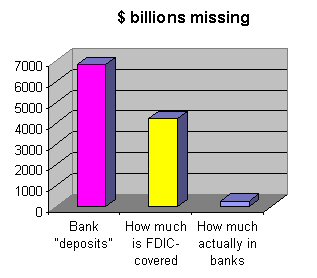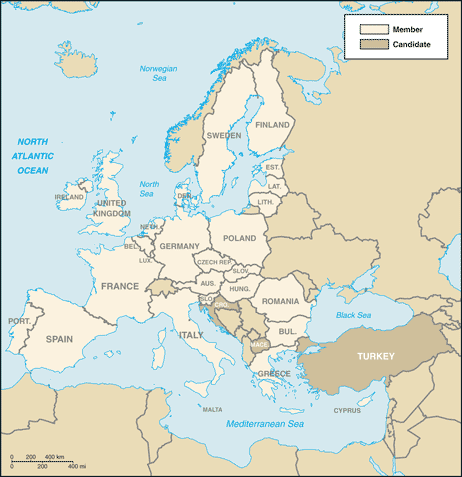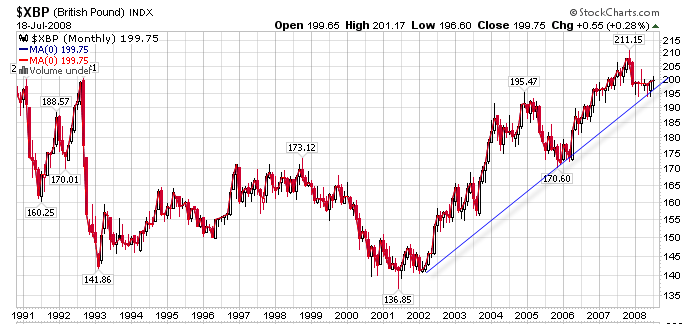 Those red and blue lines remind me of the song, Me And My Shadow.
Those red and blue lines remind me of the song, Me And My Shadow.
*** FUTURE POSTS WILL ALSO APPEAR AT 'NOW AND NEXT' : https://rolfnorfolk.substack.com
 Those red and blue lines remind me of the song, Me And My Shadow.
Those red and blue lines remind me of the song, Me And My Shadow.
 I said earlier this week that rich and powerful foreign investors will call the tune now, and London Banker relays a threat from the Chinese re Fannie and Freddie. Unlike the domestic citizen and taxpayer, these people absolutely will not be stiffed.
I said earlier this week that rich and powerful foreign investors will call the tune now, and London Banker relays a threat from the Chinese re Fannie and Freddie. Unlike the domestic citizen and taxpayer, these people absolutely will not be stiffed.  Just a reminder from Alice's powerful Picasa presentation on house price trends (see also her Youtube version - top of sidebar).
Just a reminder from Alice's powerful Picasa presentation on house price trends (see also her Youtube version - top of sidebar).

 From Brad Setser's blog.
From Brad Setser's blog. Lorna Page is using the proceeds of her first book to spring friends from OAP jail. What a beautiful thing to do. And what a beautiful face.
Lorna Page is using the proceeds of her first book to spring friends from OAP jail. What a beautiful thing to do. And what a beautiful face.
 In the Sunday Express today, Alain de Botton explains why he's opened a School of Life shop-cum-philosopher's-studio-cum-therapy-room in Marchmont Street, London:
In the Sunday Express today, Alain de Botton explains why he's opened a School of Life shop-cum-philosopher's-studio-cum-therapy-room in Marchmont Street, London:

Professor James Duane explains in shocking detail why, in the USA, everybody should remember to exercise their right under the Fifth Amendment to remain silent. (htp: Obnoxio The Clown, referring to Philip Thomas' post)
You have the right to remain silent. Anything you say can and will be used against you in a court of law. You have the right to speak to an attorney and to have an attorney present during any questioning. If you cannot afford a lawyer, one will be provided for you at government expense."
How about here in Britain?
"Free legal advice is worth what you pay for it." Having said that, here is a site purporting to give advice to activists being questioned by police in the UK.
How many laws are on the Statute Books in the United Kingdom? Is there anybody in the country of legal age who could not be accused of having broken one of them? Do we not have too much law?
 And here's some techno comment on BoingBoing, that obviously I don't quite understand.
And here's some techno comment on BoingBoing, that obviously I don't quite understand.In the piece concerned, I particularly liked the imagined reversal of position between Jews and Arabs. I'm always grateful for a mental flip that lends me a new perspective.


 The Balkans are being knocked into shape, or so the empire-builders think. Kosova declared independence in February 2008 (in the teeth of an attempted legal challenge by Serbia) and has been recognised by the USA and many other countries. The 100,000 Serbs in Kosova make up only 5% of the new nation's population, and compared to the 10 million in Serbia itself they are, presumably, of little account politically there, also. Besides, of course, Kosovans are not wolves.
The Balkans are being knocked into shape, or so the empire-builders think. Kosova declared independence in February 2008 (in the teeth of an attempted legal challenge by Serbia) and has been recognised by the USA and many other countries. The 100,000 Serbs in Kosova make up only 5% of the new nation's population, and compared to the 10 million in Serbia itself they are, presumably, of little account politically there, also. Besides, of course, Kosovans are not wolves.
